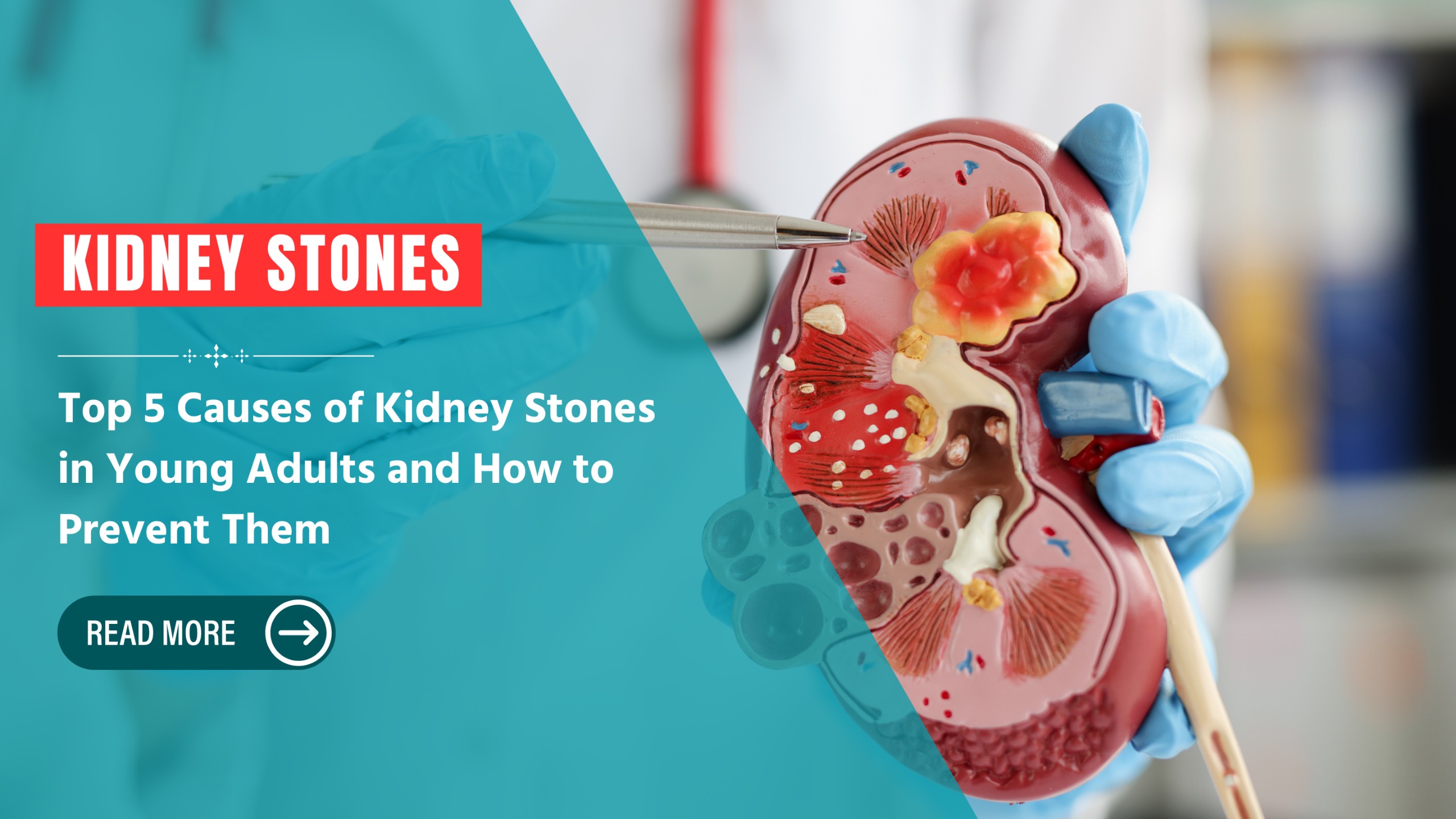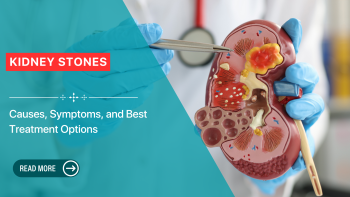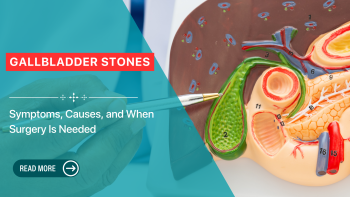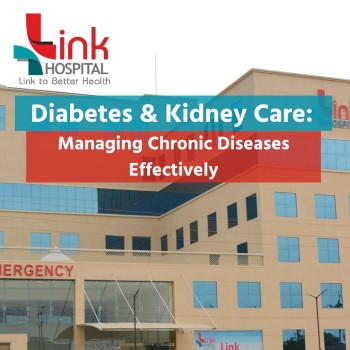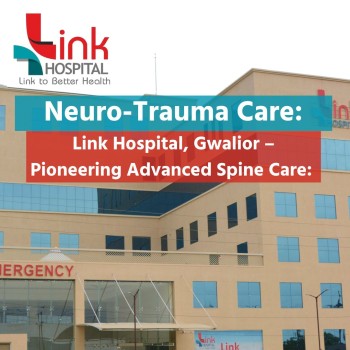Kidney stones, small hard deposits made of minerals and salts, have become increasingly common among young adults. These stones form in the kidneys and can cause severe pain and complications if not addressed. Understanding the causes and prevention strategies is key to maintaining kidney health.
What are Kidney Stones?
Kidney stones are crystalline formations that develop when certain substances in the urine, such as calcium, oxalate, and uric acid, become concentrated and form crystals. These crystals may grow into larger stones that can block the urinary tract, leading to pain and other symptoms.
Symptoms of Kidney Stones
●
Severe pain in the back, side, or
abdomen
●
Blood in urine
●
Frequent and painful urination
●
Nausea and vomiting
●
Fever or chills (in case of
infection)
Top 5 Causes of Kidney Stones
in Young Adults
1. Dehydration
Not drinking enough water is a leading
cause of kidney stones. When you are dehydrated, urine becomes concentrated,
making it easier for minerals to crystallize.
2. High Salt and Protein
Diets
Excessive intake of salty and
protein-rich foods can increase calcium and uric acid levels in urine, leading
to stone formation. Fast food, processed snacks, and red meat are common
culprits.
3. Obesity and Sedentary
Lifestyle
Obesity and lack of physical activity are associated with changes in urine composition, such as higher levels of oxalate and calcium, which contribute to stone formation.
4. Family History
If a close family member has had kidney
stones, your risk increases due to genetic predisposition. This may include
conditions affecting calcium absorption and excretion.
5. Overconsumption of
Oxalate-Rich Foods
Foods such as spinach, nuts, chocolate,
and tea are high in oxalates. Consuming these in large quantities, especially
with insufficient hydration, can contribute to kidney stone formation.
How to Prevent Kidney Stones
1. Stay Hydrated
Drink at least 2-3 litres of water daily
to dilute urine and reduce the risk of stone formation.
2. Limit Sodium Intake
Cut back on salty snacks and processed
foods. Opt for fresh, whole foods seasoned with herbs and spices instead of
salt.
3. Maintain a Balanced
Diet
Include a mix of fruits, vegetables,
whole grains, and lean proteins. Avoid excessive oxalate-rich foods and pair them with calcium-rich foods to reduce oxalate
absorption.
4. Exercise Regularly
Regular physical activity helps maintain a healthy weight and reduces the risk of metabolic changes that contribute to kidney stones.
5. Consult a Specialist
If you have a family history of recurring
kidney stones, seek medical advice to understand your risk factors and get
personalized recommendations.
Protect Your Kidney Health
Today
Kidney stones can disrupt your daily life
and lead to severe complications if untreated. Protect your kidneys by adopting
a healthy lifestyle and seeking medical guidance.
For expert advice and advanced treatment, visit Link Hospital in Gwalior. Our experienced urologists and state-of-the-art facilities are here to help you prevent and manage kidney stones effectively. Don’t wait until it’s too late—schedule your consultation today to prioritize your health and well-being!
